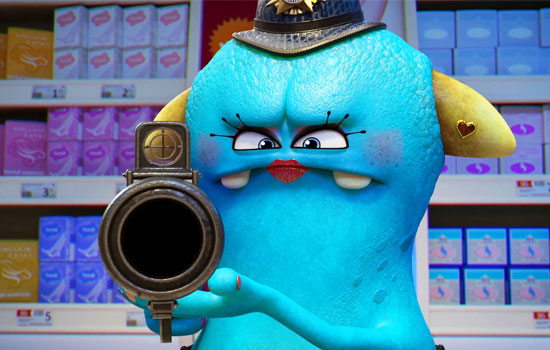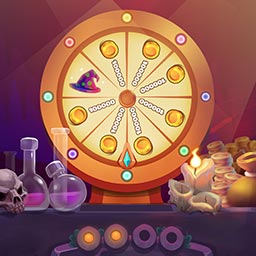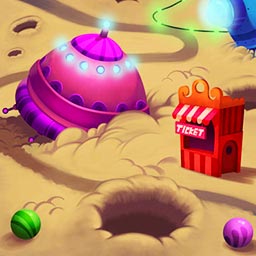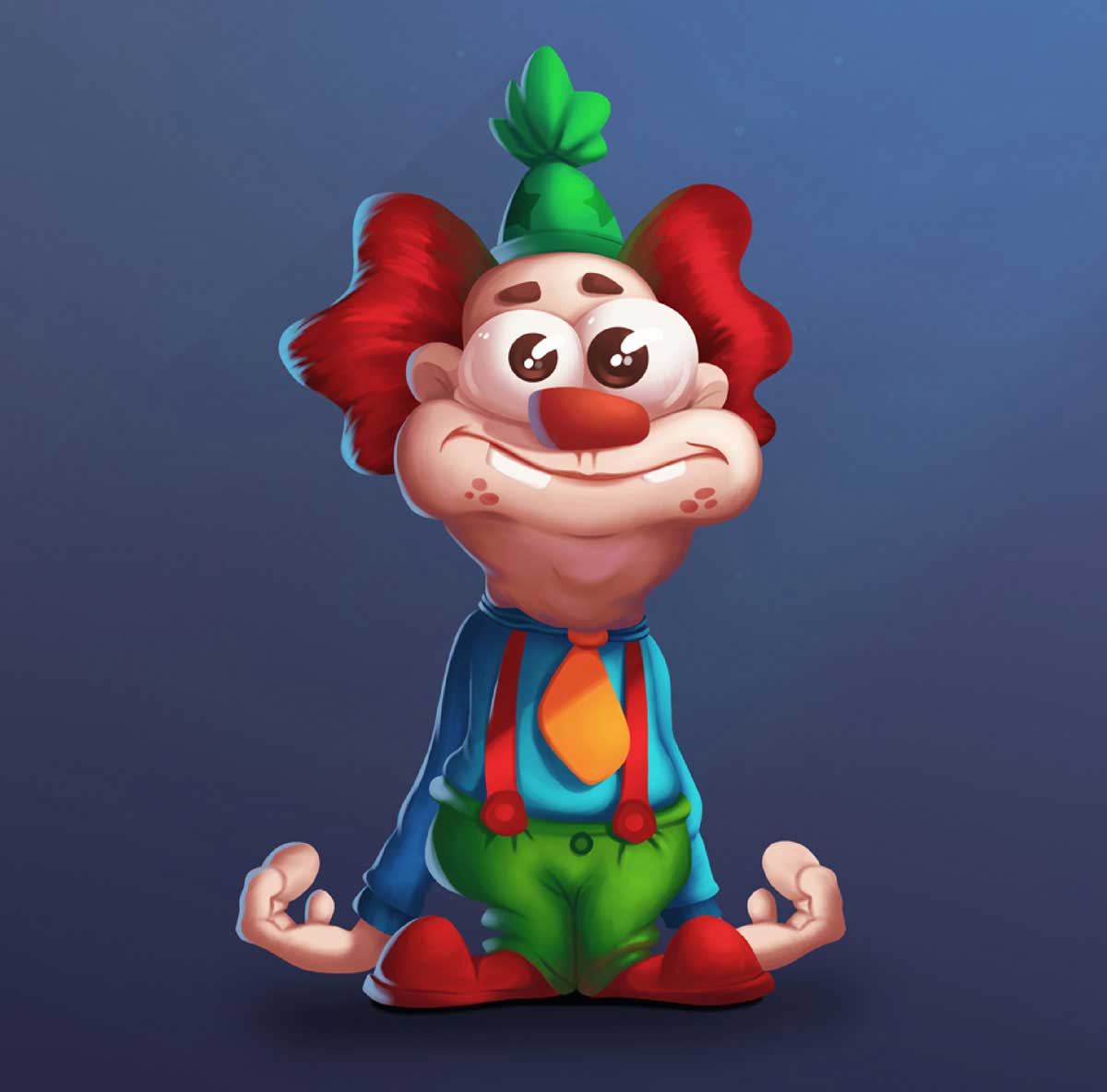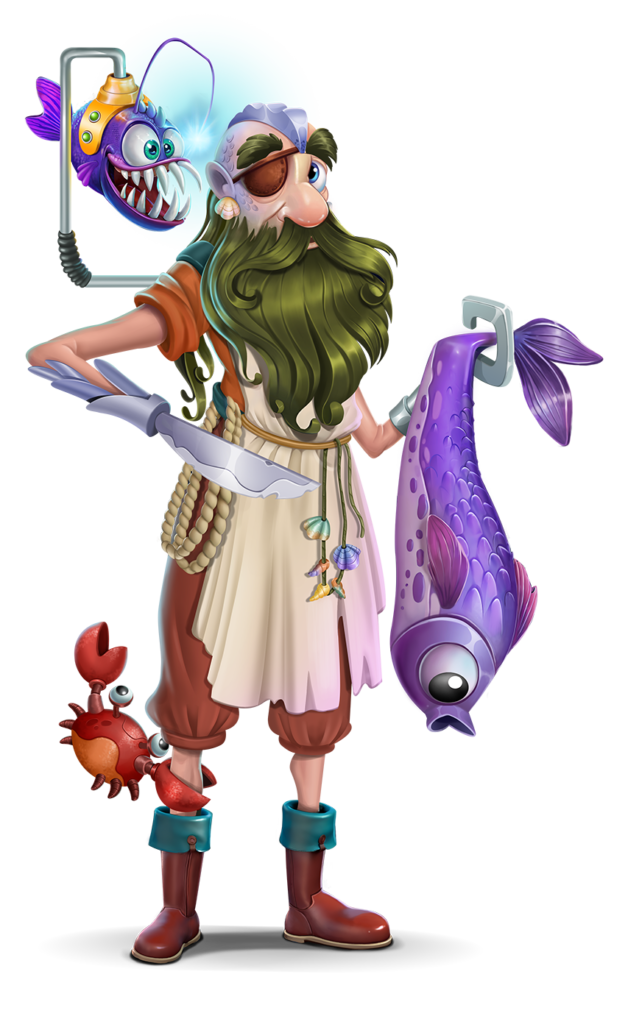

Pixune Studios
Game Art and Animation Production
Pixune is a full-service studio providing ONLY HIGH-QUALITY 3D Animation, Game Art, and Character Design Services.
Awards

Pixune Studios
Game Art and Animation Production
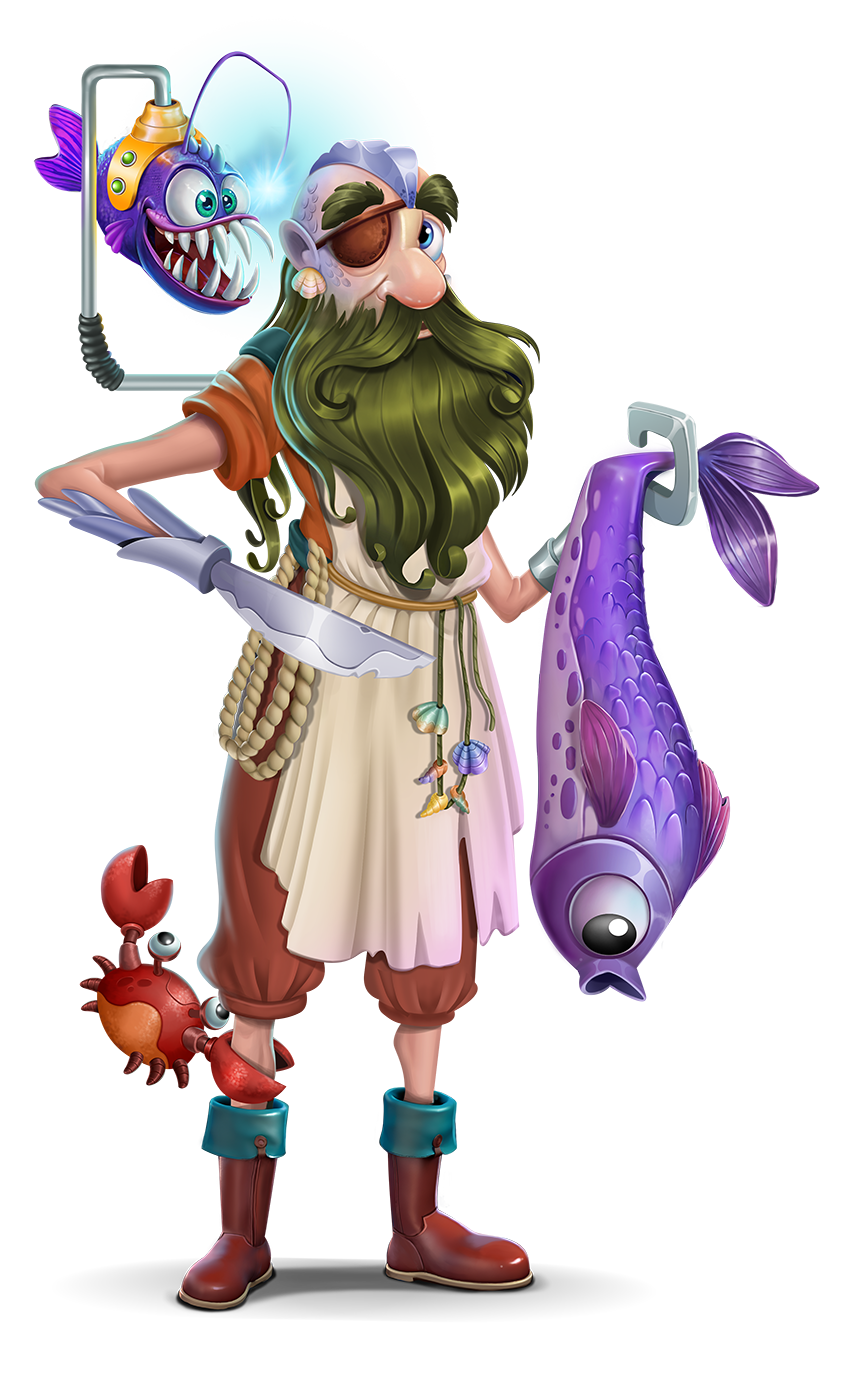
Awards

3D Animation
Our track record speaks for itself, with more than 300 minutes of 3D animation for more than 40 clients.
Whether you need storyboards, concept art, 3D modeling, animation, rendering, lighting, or direction, our team has the expertise to deliver superb outsourcing art.
Pixune Studios can match or combine multiple styles, like 2D/3D combo style, to achieve your ideal vision.
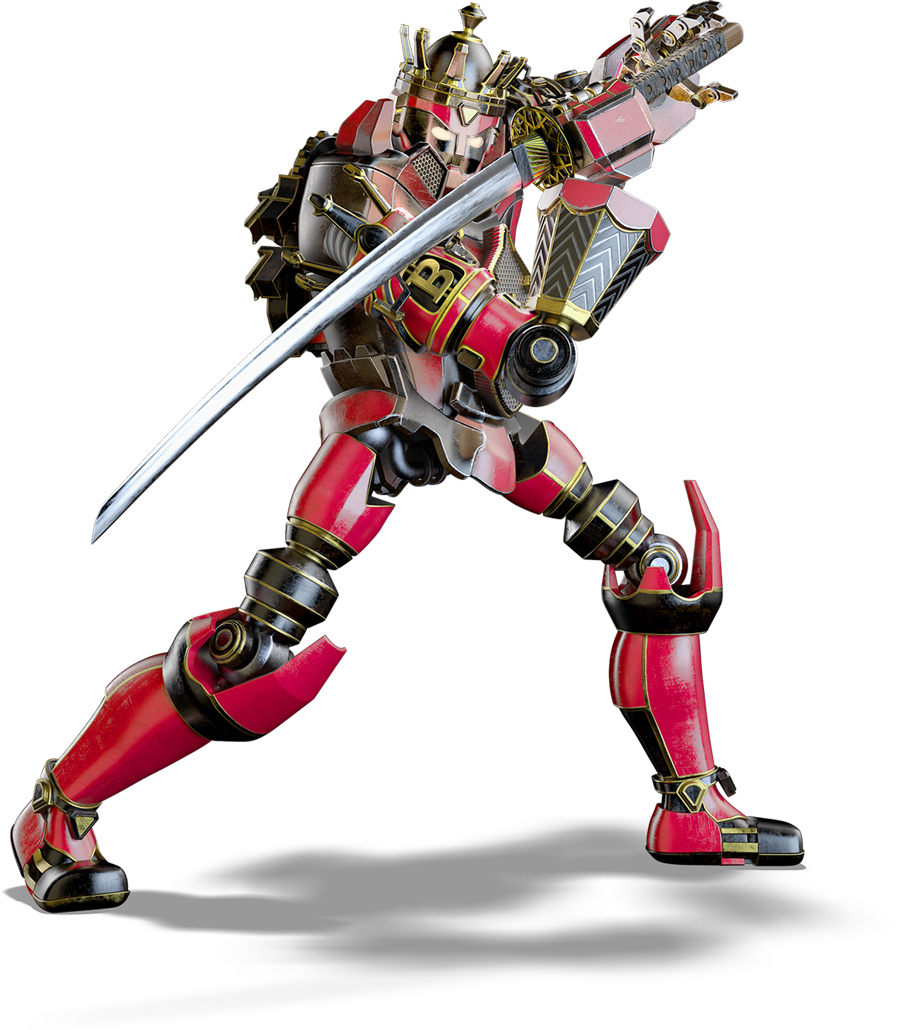
3D Animation Portfolio
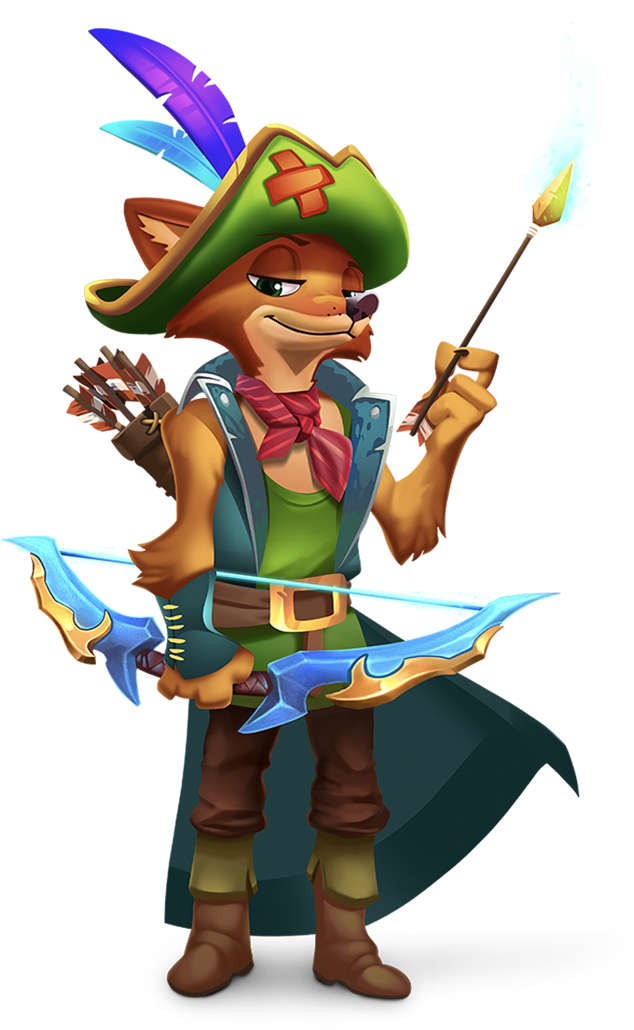
Game Art
With around 50 game art designs and our professional team under our belt, we handle all game art services of the entire 2D or 3D games, from Characters, Environments, Vehicles, Animations, and Weapons, to UI.
Game Art Portfolio
Character Design
Pixune Studios, with the experience of designing +2000 characters, can deliver characters in many styles, from stylized to photorealistic.
Our team is ready to work with you from concept to completion, whether you want game, animation, brand, or NFT characters.
The knowledge of character anatomy, design principles, the psychology of shapes, and color theory empowers us to create unique and memorable characters for you.

Character Design Portfolio
Get Your Animation and Game Art Consultation
Let us know your project and receive personalized recommendations and guidance on drawbacks.
What Sets Us Apart

Better Than Expectations
Our Art studio takes pride in delivering art that makes clients say “better than expectations.” Our perfect 5-star client reviews and 95% client retention rate demonstrate our commitment to providing art outsourcing services that consistently surpass expectations.

Fast Response Rate
Here, we pride ourselves on providing exceptional responsiveness. Your messages will never be ignored even during off-peak times. We commit to responding to all inquiries within around 1 hour during working hours. Our rapid response times result in a smoother process from start to finish.

Worry-Free Revisions & Changes
We allocate up to 20% of the initial scope for revisions, modifications, and new requests at no additional cost. This means you can provide feedback freely throughout the process, knowing we will incorporate your changes seamlessly without surprise charges.
Our Story
After 12+ years of working in the game and animation industry, me (Mohammad) and my brother (Mehdi) decided it was time to run our studio. But we had nothing except 2 laptops and a dream that kept us awake at night.

Success Stories
- communication is perfect
- understanding of the required output is on point.
- put extra effort into the project to get it complete in time.
- They have a skilled team and your project is safe in their hands
I will definitely work with them in the future. Best of luck guys great working with you.






